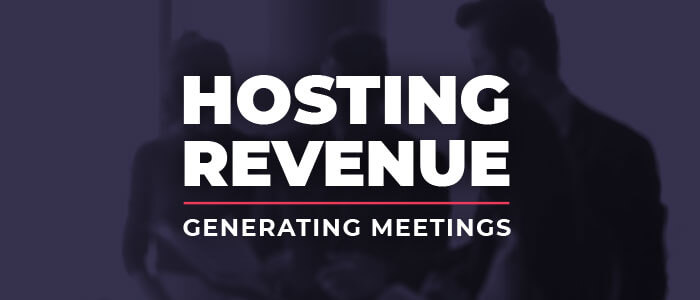Projection
“Projection” occurs when someone extends personal beliefs, talents, traits, or behaviors to someone else. For example, if I told you I was taking up skiing, and you had great trouble on intermediate hills when you began skiing, you might say to me, “Keep to the easy hills for the first several months, the intermediate hills are too difficult for beginners.”
Now, I may have great athletic skills or have a great coach, but that doesn’t matter because you’re assuming (projecting) that if you couldn’t do it, then neither could I. Your ego would be somewhat bruised if you weren’t a secure person, if I took to the slopes and, within a couple of days, was skiing the difficult hills.
The same dynamic occurs in the workplace:
- Start them slowly, we have to take time learning the sales cycle.
- It’s too early for them to face executive audiences.
- They’re too young to manage a department.
- These clients in this market will be stubborn.
All of this, of course, retards progress by assuming weaknesses not in evidence. And it creates great bias. There have been several studies of teachers with the same mix of students teaching the same subjects to the same grades, but one is told the students are outstanding and the other that the students are below average.
Sure enough, the former group receives higher grades, the latter group lower grades though there is no difference in their abilities, just the projections fixed in teachers’ minds.
|













